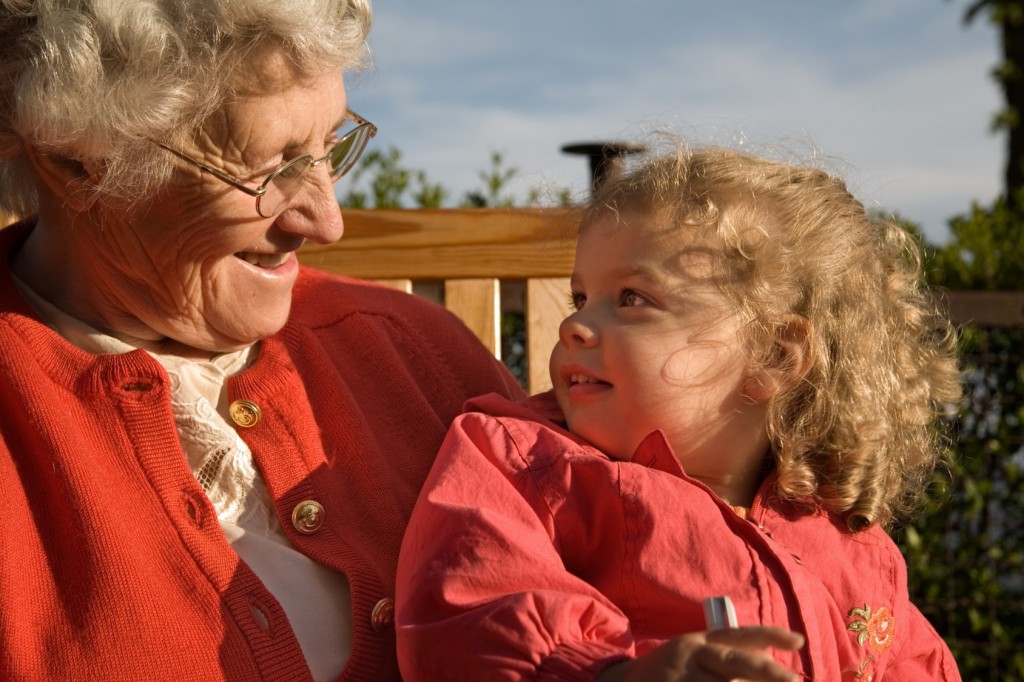
Caring for a parent with dementia is one of the most emotionally demanding responsibilities a family can face. While many people strive to provide care at home for as long as possible, there often comes a point when professional, specialised support is the best option. Recognising the signs that indicate it may be time to consider a dementia care home is essential to protect both the well-being of your parent and the health of the family.
Why Dementia Care Homes Become Necessary
Dementia care homes offer specialised services designed for individuals living with Alzheimer’s disease and other types of dementia. These facilities provide:
- Trained staff with expertise in memory care.
- Safe environments that reduce risks of wandering and injury.
- Structured routines that help reduce anxiety and confusion.
- Therapeutic activities to encourage social and cognitive engagement.
Find YOUR ideal care home NOW!
Key Signs That It May Be Time
Families should carefully observe behavioural, physical, and emotional changes. Here are the most common indicators:
Increased Safety Risks
Frequent falls, kitchen accidents, or wandering outside unsupervised.
Decline in Daily Living Abilities
Difficulty dressing, bathing, eating, or remembering to take medication.
Escalating Behavioural Challenges
Aggression, severe confusion, or nighttime restlessness disrupts the household.
Caregiver Burnout
Family members feel overwhelmed, exhausted, or unable to cope with increasing demands.
Medical Needs Beyond Home Care
Conditions requiring constant nursing oversight, such as late-stage dementia complications.
Comparing Home Care vs. Dementia Care Home Indicators
| Situation | At-Home Care | When a Dementia Care Home May Be Needed |
|---|---|---|
| Daily Living | The parent can manage with reminders or light support | The parent cannot dress, bathe, or eat safely without assistance |
| Safety | Occasional forgetfulness without major risk | Frequent wandering, falls, or unsafe use of appliances |
| Caregiver Wellbeing | Family feels able to manage with support services | Caregivers are experiencing severe stress or burnout |
| Medical Needs | Routine medical check-ups are manageable at home | Complex nursing care or constant monitoring is required |
The Emotional Challenge
Moving a parent into a dementia care home is never an easy decision. Families often struggle with feelings of guilt or loss. It is important to remember that professional care does not replace love and family support, it complements it by ensuring safety and specialised attention.
Families considering this step should consult official resources such as the NHS Dementia Care Guide for information on care options, funding, and support services across England.
FAQ
What are the most common signs that a dementia care home is needed?
Frequent safety risks, inability to perform daily tasks, escalating behavioural issues, and caregiver exhaustion are key signs.
How do I know if my parent is still safe at home?
If wandering, falls, or unsafe use of household appliances become regular, a dementia care home may provide safer conditions.
Does moving to a dementia care home mean losing family involvement?
No. Families remain essential in emotional support, visits, and decision-making, while trained staff provide professional care.
Can the NHS help pay for dementia care?
Yes. In some cases, individuals may qualify for NHS Continuing Healthcare funding, covering the full cost of care.
Is respite care an option before permanent placement?
Yes. Many facilities offer short-term stays that allow families to evaluate the environment before making a long-term decision.
Recognising when to consider a dementia care home is one of the hardest decisions a family can make. By observing the signs and seeking professional guidance, families can ensure safety, dignity, and quality of life for their parent while relieving some of the overwhelming pressure of caregiving.
Need help finding a care home?
Senior Home Plus offers free personalized guidance to help you find a care facility that suits your health needs, budget, and preferred location in the UK.
Call us at 0203 608 0055 to get expert assistance today.
Search for Care Homes by Region
| East Midlands | Eastern | Isle of Man |
| London | North East | North West |
| Northern Ireland | Scotland | South East |
| South West | Wales | West Midlands |
| Yorkshire and the Humber |
Share this article :
Latest posts
You are looking for an establishment for your loved one ?
Get availability & prices
Fill in this form and receive
all the essential information
We would like to inform you of the existence of the opposition list for telephone canvassing.










